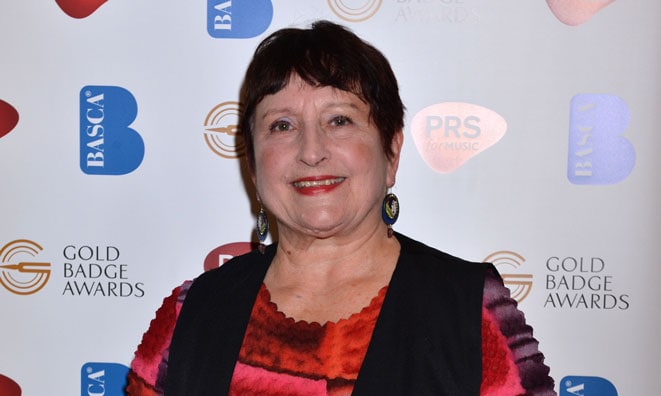Jane Manning was a soprano who put her artistry at the service of the living composer: she was a key figure in new music in Britain for nearly sixty years. Her wonderful voice and superb musicianship – perfect pitch and accurate rhythm – made her the most sought-after singer for all of us in contemporary ‘classical’ music. She gave hundreds of concert and radio premieres, many being works specially commissioned for her, as well as championing 20th century classics: Schonberg and Webern, Dallapiccola and Messaien.
She worked with everyone – famous elderly composers or unknown young ones – and the ease with which she tackled a huge range of repertoire was amazing. Her voice was technically secure, due no doubt to her training in traditional bel canto with Husler and Rodd-Marling. She exploded the myth that singing new music could damage the voice, inspiring a new generation of young singers.
Jane travelled all over the world, touring in Australasia as well as Europe. In 1987-8 she was a Visiting Professor at the University of York. Out of that time came ‘Jane’s Minstrels’, the chamber ensemble she and her husband, the composer Anthony Payne, set up in 1988. Established in London, which was always her base, it drew in many of the gifted young players she had worked with in York.
As well as a marvellous legacy of recordings, she has left an invaluable legacy of books on 20th and 21st century vocal music, including her research into Pierrot Lunaire, of which she was a consummate performer.
Jane was very important to me and my family: she made premiere recordings of Maconchy, Lumsdaine and myself, and in 1977 created the lead in my first opera, Dawnpath; indeed, one of my very first commissions, in 1971, was to write her a solo scena, But Stars Remaining, which true to form she kept in her repertoire. I shall miss her very much, as will my composer colleagues; we owed her so much, and her passing marks the end of an era.





